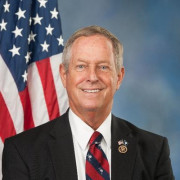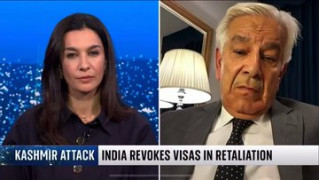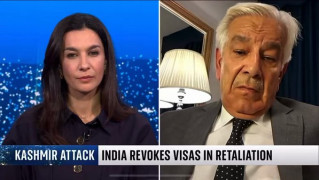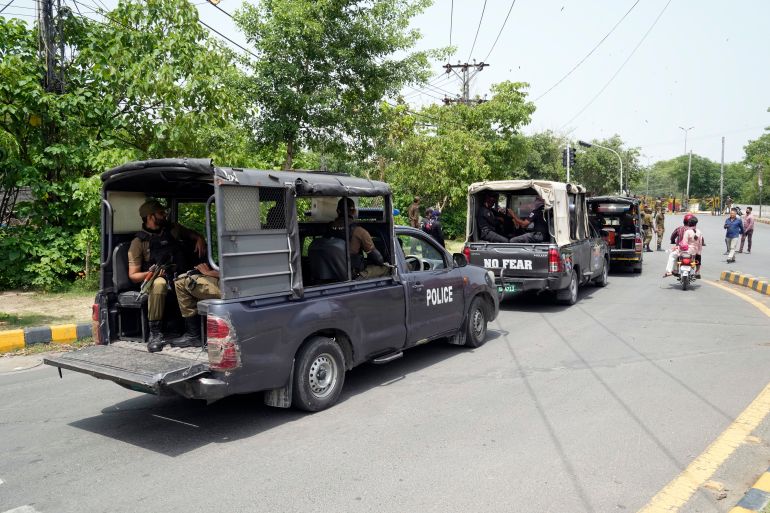
NAYPYITAW: Prime Minister Narendra Modi said on Wednesday that India shared Myanmar’s concern about “extremist violence” in its Rakhine state, where a security force operation against insurgents has sent about 125,000 Rohingya Muslim fleeing to Bangladesh.
Modi spoke after talks with Myanmar’s de facto leader Aung San Suu Kyi during a visit aimed at expanding commercial ties as part of an “Act East” policy, and pushing back against Chinese influence.Myanmar has come under international pressure after some 125,000 Rohingya Muslims fled from a surge of violence in Rakhine state, beginning with an Aug. 25 attack by insurgents on dozens of police posts and an army base.
The attacks triggered a sweep by the Myanmar security forces, in which refugees and right groups say many innocent Rohingya have been targeted.Suu Kyi told a joint news conference at the presidential palace in the capital, Naypyitaw, that Myanmar was grateful for India’s stance on the attack on her country and they could work together to face the challenge.“We would like to thank India particularly for its strong stance that it has taken with regard to terrorist threat that came to our country a couple of weeks ago,” she said in brief remarks.
“We believe that together we can work to make sure that terrorism is not allowed to take root on our soil.”Modi said India and Myanmar had similar security interests in the region.“We share your concerns about extremist violence in Rakhine state and specially the violence against security forces and how innocent lives have been affected,” he said.“We hope that all the stakeholders together can find a way out in which the unity and territorial integrity of Myanmar is respected and at the same time we can have peace, justice dignity and democratic values for all.”
Modi’s government has taken a strong stance on an influx into India of some 40,000 Rohingya from Myanmar over the years, vowing last month to deport them all.That decision has drawn criticism from rights groups and prompted a petition in the Supreme Court to stop the government from doing so.International concern, in particular from Muslim countries, is growing about the latest exodus of Rohingya.
Source





























